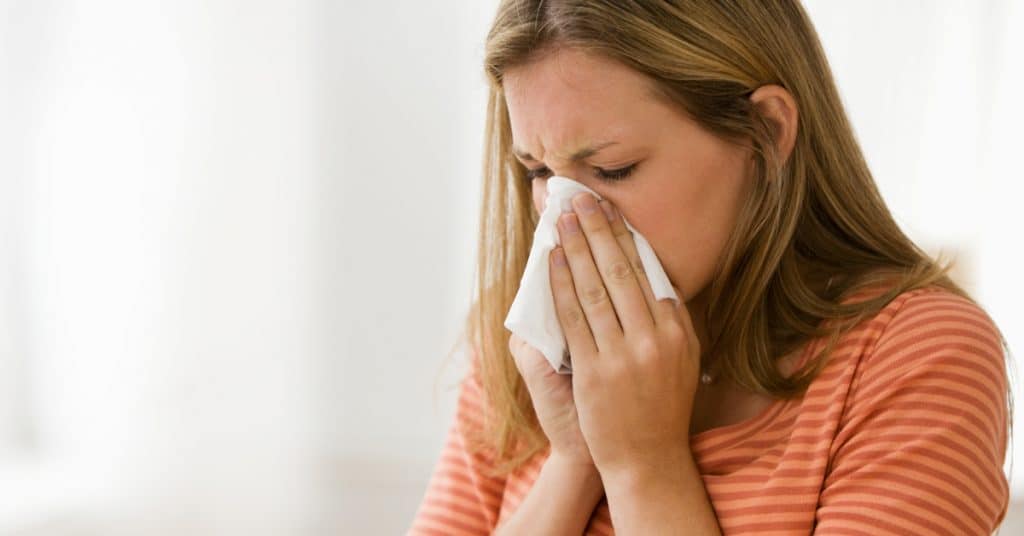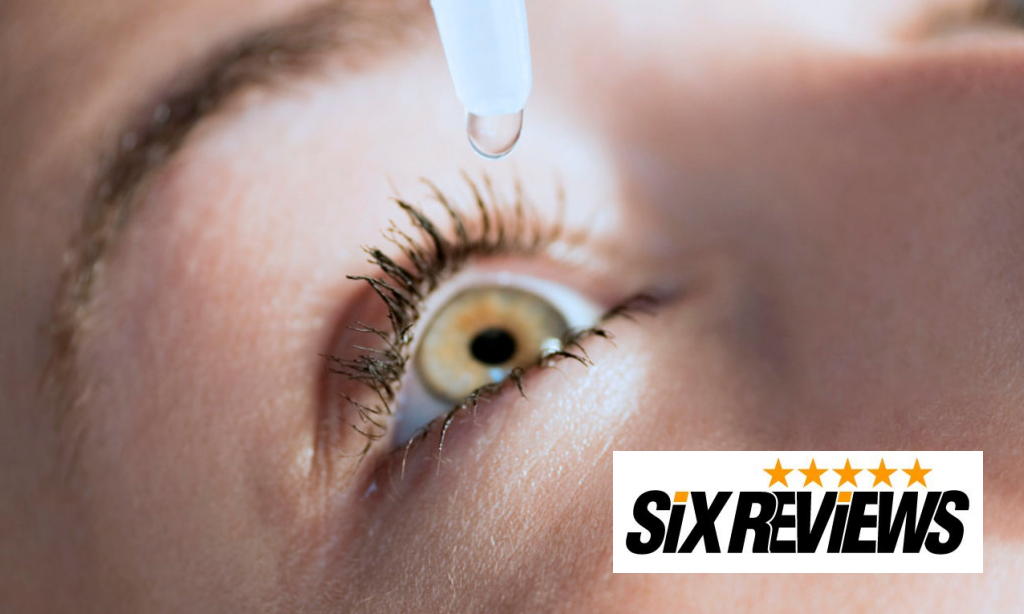According to WebMD, around 30% of adults have some sort of allergy. Children have it even worse, around 40% of them suffer from allergies[1]. Luckily there are a few methods of easing up the effects of them and fight against them.
Table of Contents
The Best Allergy Treatments Right Now
Antihistamines
It is likely that you will find antihistamines in a shape that suits you, whether you choose pills, chewable tablets, beverages, or capsules. Based on your diagnosis the dosage you need to administer will vary. Bear in mind that if you take this medication, you don’t operate vehicles or do any psychologically demanding activities because they induce serious drowsiness. [2]
Natural Allergy Treatments
Those that want to try herbal supplements for allergies can try freeze-dried nettles or tonics crafted with a herb called goldenseal. Another way to fight allergy symptoms and get natural relief is to use a nasal spray with saline or saltwater that will flush pollen and mucous out. Apart from different herbs, doctors sometimes recommend treating seasonal flare-ups with grape seed extracts and quercetin.

Decongestants
According to WebMD, decongestants helps with nasal swelling induced by allergies, as the name implies, by shrinking enlarged blood vessels and tissues in the region. [3] A number of types of decongestants, such as antihistamines, are available, including sprays, tablets, beverages, and nasal drops, and all are available without a prescription.
Steroid Nasal Sprays
This medicine reduces inflammation of the nasal passage and, as a consequence, the effects of nasal allergies. There are quite a few recorded incidents, though, where these nasal sprays cause nose bleeds and sore throats. Avoid using steroid sprays for too long. If you have any issues or irritations contact your doctor right away!

Anticholinergic Nasal Allergy Spray
It subdues secretions from glands in your nasal region after this herbal spray is added to both nostrils and decreases the volume of mucus produced by a runny nose. It is necessary to verify whether you are allergic or not to any of the components it contains before purchasing this medicine. Anticholinergics are used 2-3 times a day, most commonly. Typically, it often has little if any side effects, but it can be done along with other medications.
Leukotriene Inhibitors
Leukotrienes are chemicals that, when triggered by an allergen or allergy, the body releases naturally. [4] They allow the muscles of the airways to contract and expand, but they also increase mucus production, making it harder to breathe. This normal reaction is inhibited by Leukotriene inhibitors and thus helps with common allergy symptoms.
Anti-allergy Eye Drops
Anti-allergy eye drops should be used by those whose allergies cause watery or itchy eyes. Such drops contain naturally derived substances that, during an allergy flare-up, act to reduce congestion, puffiness, and eye irritation. Prescription eye drops and over-the-counter remedies are available to aid with such problems as hay fever. When administering it, though, be careful since it appears to produce mild stinging that is brief immediately upon being delivered. You can call a doctor if the stinging occurs. At last, while using such drops, individuals using contact lenses must wait 10-15 minutes before they put on their contacts.

Foods that Fight Allergies
A few research indicate that diets that are rich in omega-3 fats can help relieve the effects of allergies. Hence it is advised to aim to improve the consumption of this essential nutrient in persons with allergic reactions. Cold-water fish, including certain types like salmon or trout, walnuts, eggs, and flaxseed oil are alternative sources of omega-3.
Allergy Shots
Allergy injections, also known as immunotherapy, improve the susceptibility of a human to a number of allergens. This care is most commonly used for those with serious symptoms that persist for 3 months or longer per year. Allergic reactions are not healed from these shots and must be given frequently and at larger doses.
Mast Cell Inhibitors
When a patient with allergies is exposed to pollen or other allergens, this drug inhibits the release of histamine and other chemicals that trigger allergic reactions in mast cells. The symptoms of this allergy drug last up to around 8 hours, so it will need to be taken several times a day by people who use it. Nasal sprays, as well as eye drops, are both available.

Removing Allergens From Your Home
Lastly, a perfect way to relieve your allergy problems is to recognize and eliminate as many allergens from your home as possible. For instance, someone with asthma may respond poorly to dust, so frequent and rigorous dusting is advised.
[1]https://www.webmd.com/allergies/allergy-statistics
[2]https://www.livescience.com/41999-antihistamines-drowsy-benadryl-allergies.html
[3]https://www.webmd.com/allergies/decongestants
[4]https://www.webmd.com/allergies/leukotriene#1

Typical troublemaker. Avid pop culture trailblazer. Freelance internet fanatic. Friendly coffee junkie. Travel buff. In eternal love with lavender.

